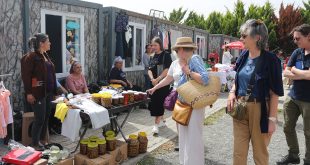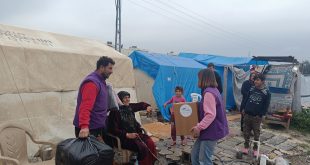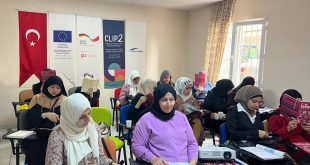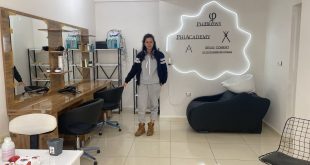Women Are Writing Beautiful Stories!
Stories that start with violence and end with empowerment.
We set out to make a project where we can talk about the legal rights of women against violence and the conditions and ways in which they can exercise these rights. We wanted to do this in an easy-to-use method that would enable the transfer of information from woman to woman. We modeled the women’s “days” where women come together, chat over tea and coffee and learn from each other. We have also developed a stage board and cardboard figures to enable the transfer of information. As a result, a practice emerged in which we went over our legal rights and women shared their experiences while sipping our teas and coffees in a warm and reassuring environment. 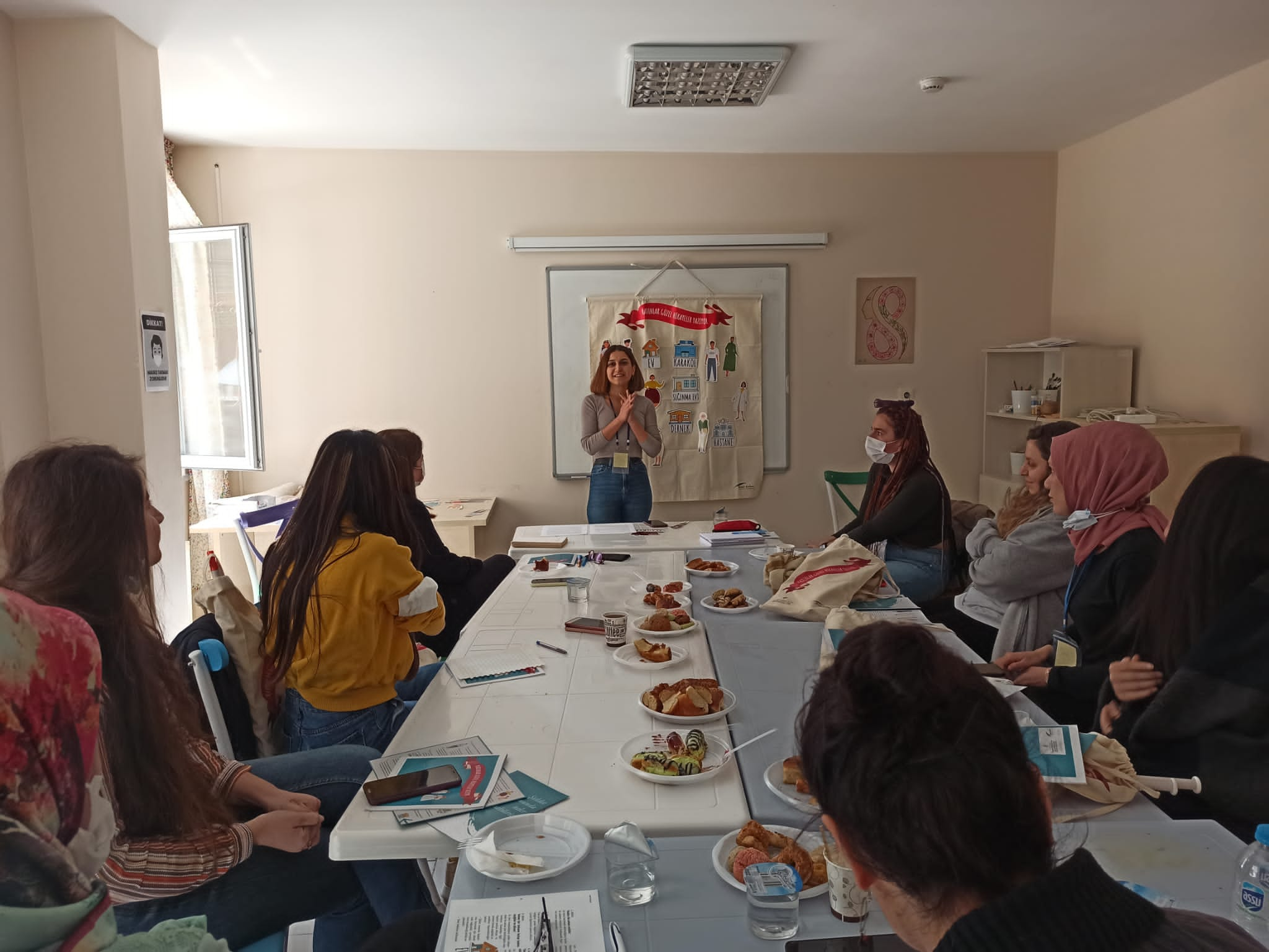
In the Women Write Beautiful Stories application, women first encounter a familiar story of violence. We created this story in conversation meetings with women from different groups. We have brought together the most frequent plots of physical violence and made them anonymous. So, every woman could find and share examples from her own experiences or testimonies. The women rewrite the details of this pre-formed story with the help of the practitioner. Then they go over the same story, adding possible legal interventions.
The story is visually supported by the stage board and cardboard figures of characters that can be seen frequently in the stories.
The cardboard human figures consist of the main characters and the side characters that they can come into contact with. These are figures of woman, man, baby, children, neighbor, sibling, older sister, grandparent, grocer, and shopkeeper. The specialists that can be consulted in the story are figures such as the doctor, lawyer, police, social worker and charity worker.
The place figures we prepared in relation to these characters consist of houses, police stations, hospitals, courts, associations and shelters.
Thus, in each story, there are people and building options that can be used according to the needs.
The practitioner pastes these characters onto the cloth board/stage while creating the story. The cloth panel can be hung anywhere in the room by its hanger.
We have produced an application guide as a facilitator for practitioners. In the guide, the implementation process is explained step by step in a simple and easily understandable language.
We also prepared a brochure that includes legal rights to distribute to women participating in the practice. These supporting materials were prepared both to make the application more understandable and to encourage participation in the application. Foldable cloth board, lightweight cardboard figures, guide and brochure can be carried in a cloth bag.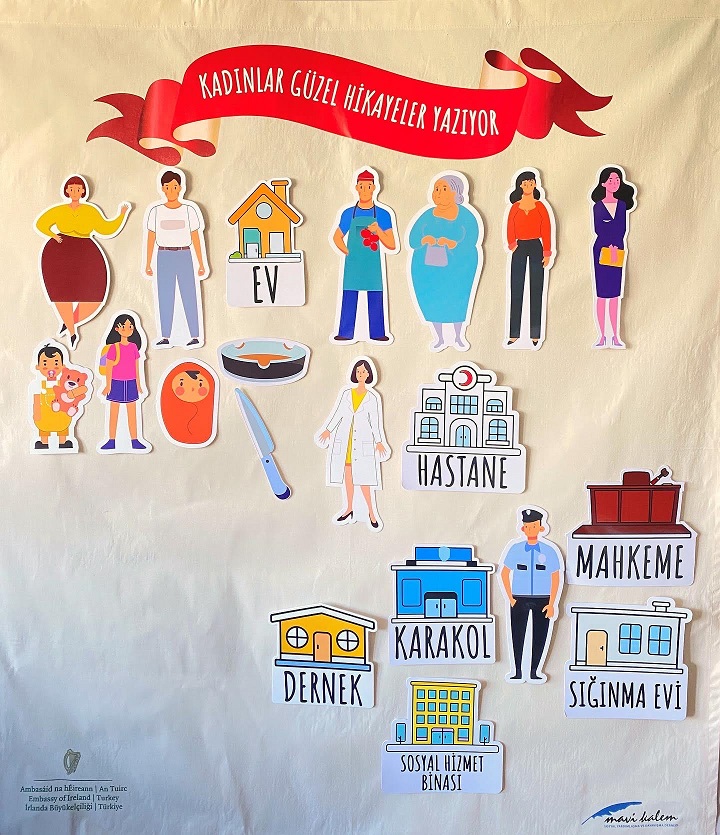
We aim this method which we have developed to facilitate the transfer of information from women to women, to be implemented by NGO workers, municipal workers and volunteers working for women, in their own work or with small groups of women in their environment. For this purpose, we started the trainings of trainers and did the first training with our teammates who are working on gender-based violence at Mavi Kalem. We did the next training with Syrian refugee women by translating the application guide and the brochure on legal rights into Arabic. We cooperated with Adana Seyhan Municipality in the third practitioner training. We implemented the training with Seyhan Belediyesi Kadın Dayanışma Merkezi employees and volunteers. We provide supervision support to women who start practicing after receiving training. We participate in rehearsals and take part in their applications as observers.
 Mavi Kalem Sosyal Yardımlaşma ve Dayanışma Derneği Hayata Rengini Kat!
Mavi Kalem Sosyal Yardımlaşma ve Dayanışma Derneği Hayata Rengini Kat!


